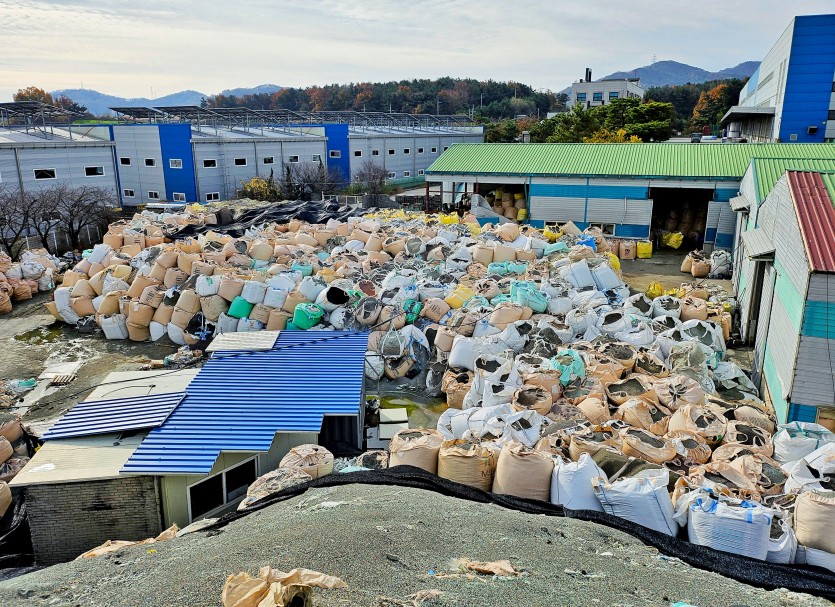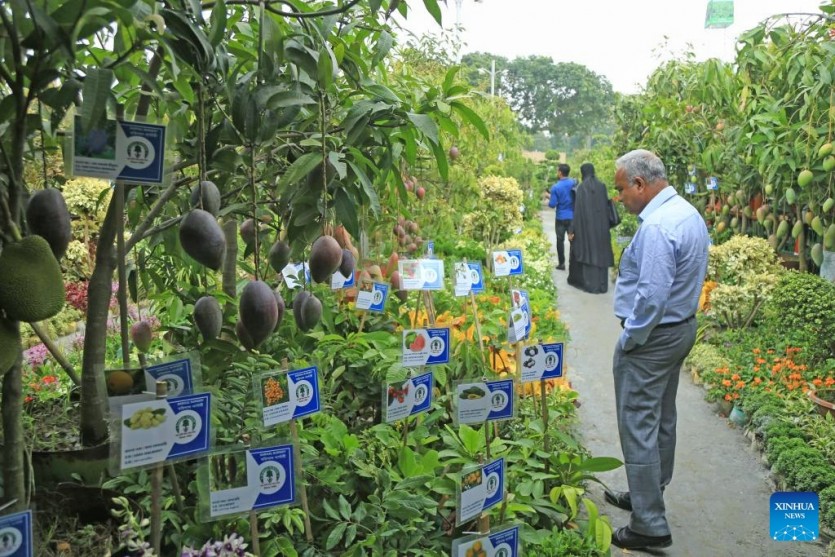Environmental Conservation: A Cultural Comparison of South Korea and B…
페이지 정보

본문
Environmental conservation is a critical global concern, and cultural practices play a significant role in shaping how communities approach sustainability. South Korea and Bangladesh, despite their distinct cultural, economic, and geographical differences, share a common goal of mitigating environmental impact through various conservation practices.
South Korea: A Culture of Recycling and Green Technologies
South Korea is known for its strong environmental policies and advanced waste management systems. A key cultural practice is its highly organized recycling system, where citizens separate waste into categories such as food waste, recyclables, and non-recyclables. The government enforces strict regulations, and public awareness campaigns have made recycling a deeply ingrained habit. As a result, South Korea has one of the highest recycling and composting rates globally, with nearly 60% of household waste being recycled.
In addition to recycling, South Korea emphasizes green technologies. The government has heavily invested in renewable energy sources, such as solar and wind power, and implemented eco-friendly infrastructure, including energy-efficient buildings and electric vehicles. One example of South Korea’s waste management success is the Recycling Management Corporation plant, a critical center for plastics recycling. With its round-the-clock operations, the plant plays a key role in South Korea reaching No. 10 in the Green Future Index by the M.I.T. Technology Review. The World Economic Forum has recognized the country as a model for a greener future.
South Korea has also made significant strides in waste-to-energy systems. The Daejeon Bioenergy Center is one of about 300 facilities that recycle nearly all of the country’s daily food waste. This waste is transformed into enough green energy to power about 20,000 households, while also being composted into fertilizer, fed to livestock, or converted into biogas. This holistic approach demonstrates South Korea’s ability to turn waste into a renewable resource.
Bangladesh: Traditional Practices and Community Efforts
Bangladesh, with a population exceeding 180 million, faces unique environmental challenges, including rapid urbanization, deforestation, and frequent flooding. Dhaka, the capital, ranks fifth on the list of cities with the worst air quality, largely due to vehicle emissions, industrial pollution, and the burning of waste. These issues are compounded by the growing population and infrastructure development, which lead to severe air and water pollution, as well as habitat destruction. Flooding is a significant concern, exacerbated by climate change and the country’s geography, making it highly vulnerable to river erosion and rising sea levels.
Despite these challenges, Bangladesh’s traditional practices, deeply rooted in community cooperation, offer valuable lessons in sustainability. In rural areas, practices like rainwater harvesting, organic farming, and the use of natural materials such as bamboo, wood, and mud for construction are widespread. These methods help reduce environmental impact and offer sustainable alternatives in areas where modern technologies are limited.
The concept of "Joloprobaho" (water flow) emphasizes the importance of preserving natural water systems like rivers and canals, which are essential for irrigation and flood control. Local communities actively engage in maintaining these water resources through organizations known as "Jal-Dhara" or water management groups, ensuring sustainable water use, preventing over-extraction, and protecting wetlands.
Additionally, there has been a rise in community-driven efforts to combat deforestation. Local groups are planting trees to prevent soil erosion and mitigate flooding risks. Reforestation initiatives in the Chittagong Hill Tracts and other regions have shown success, providing environmental benefits as well as economic opportunities through sustainable wood harvesting and eco-tourism. In 2024, the Bangladeshi government launched a mega tree plantation campaign to plant 80 million saplings during the monsoon season as part of its ongoing commitment to combat environmental degradation.
- PrevUnprecedented Snowfall in South Korea: A Climate Change Perspective 24.12.09
- NextExperiencer on Recycling Lithium-Ion Batteries 24.11.30
댓글목록
There are no registered comments.


